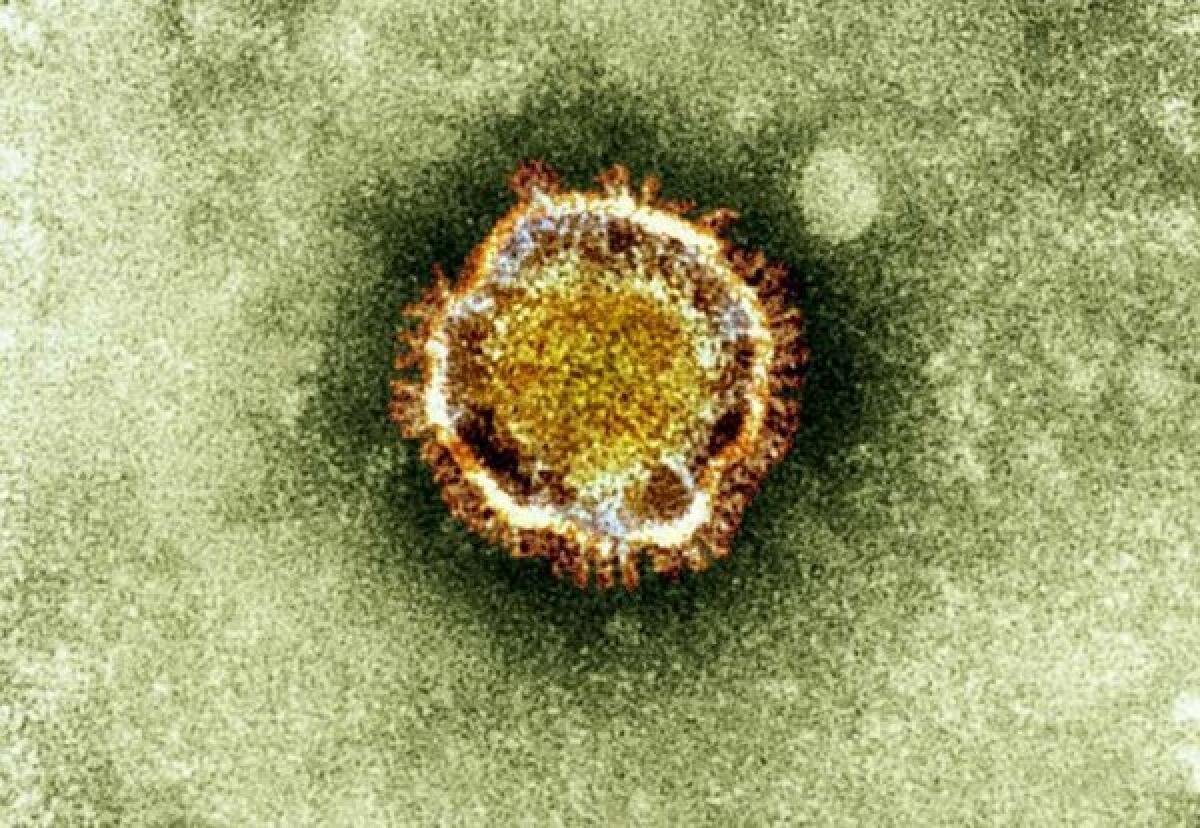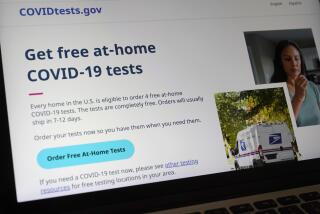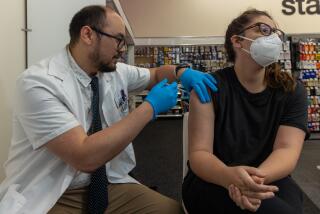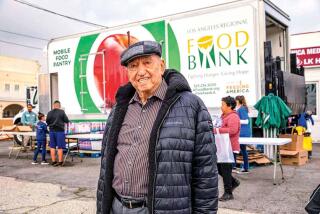As people worry about gathering in public because of coronavirus, blood donations steadily dwindle

Blood donations have started to dwindle as cases of novel coronavirus continue to rise.
The toll of the illness has so far been especially pronounced in the West Coast, where at least 11 deaths have been reported in Washington state and at least one in California.
But the decrease in donations has been widespread, with the American Assn. of Blood Banks saying that a number of blood drives in the U.S. have been canceled, including one that was expected to collect 500 units — enough to help about 1,500 patients. (Each donation can help roughly three people.)
The American Red Cross, one of AABB’s partners, has also reported cancellations in blood donations.
There is currently no shortage of blood supply in the country. But Eduardo Nunes, vice president of quality, standards and accreditation for AABB, said that it would be cause for serious concern if the decline continues for weeks over fears of falling ill to COVID-19.
Experts say the decrease may simply be related to people’s fears of gathering in public and contracting the virus from others.
A blood donation has a shelf life of 42 days. To keep the supply stable, constant donations are necessary.
“The use of blood seems to be steady at this point while collections are dropping,” Nunes said. “We’ve had a steady depletion of inventory over the past few weeks, with no sign that we’ll be able to make up deficit.”
Before the outbreak of coronavirus, there was already a strain on the blood supply, said Dr. Claudia Cohn, chief medical officer for AABB. One possible reason for that is that older people — who have been deemed one of the most at-risk for the virus — had been the most engaged when it came to giving blood. But as this demographic shrinks, others are not filling in the void.
“Younger generations are not showing up in the numbers as the ‘Greatest Generation’” Cohn said. “That is the fact.”
Officials are already taking precautionary measures to boost donations.
The San Diego Blood Bank in San Diego County, which has not yet reported any confirmed cases of the virus, is asking for donations in anticipation of possible travel restrictions that may arise as cases continue to grow.
In Washington state, where at least 11 people have died, the public health department said earlier this week that the coronavirus has affected the state’s blood supply.
“The COVID-19 outbreak is starting to impact the blood supply in WA. Anyone who is symptom-free is encouraged to donate blood!” the department tweeted.
Curt Bailey, the CEO of Seattle-based nonprofit Bloodworks, issued a public call for 1,000 people to donate at a local community blood center.
Still, the Red Cross is asking that people who have recently traveled to China, Iran, Italy and South Korean or have come into contact with a person suspected of having the virus, refrain from making a donation for 28 days.
“We ask that only healthy people give blood,” Claudia said, stressing the fact that people are unlikely to be exposed to a knowingly sick individual at a blood drive since good health is a requirement to donate.
According to the AABB Interorganizational Task Force on Domestic Disasters and Acts of Terrorism, which was created in 2002 before the SARS outbreak, the U.S. Food and Drug Administration has not reported any cases of a transfusion-transmitted respiratory virus, including COVID-19, that’s emerged over the past two years. That also includes two previous coronaviruses — SARS and MERS-CoV.
“We are all very concerned about what the next few weeks may look like,” Nunes said. “There’s a potential need for much more dire messaging in the future.”
More to Read
Sign up for Essential California
The most important California stories and recommendations in your inbox every morning.
You may occasionally receive promotional content from the Los Angeles Times.











